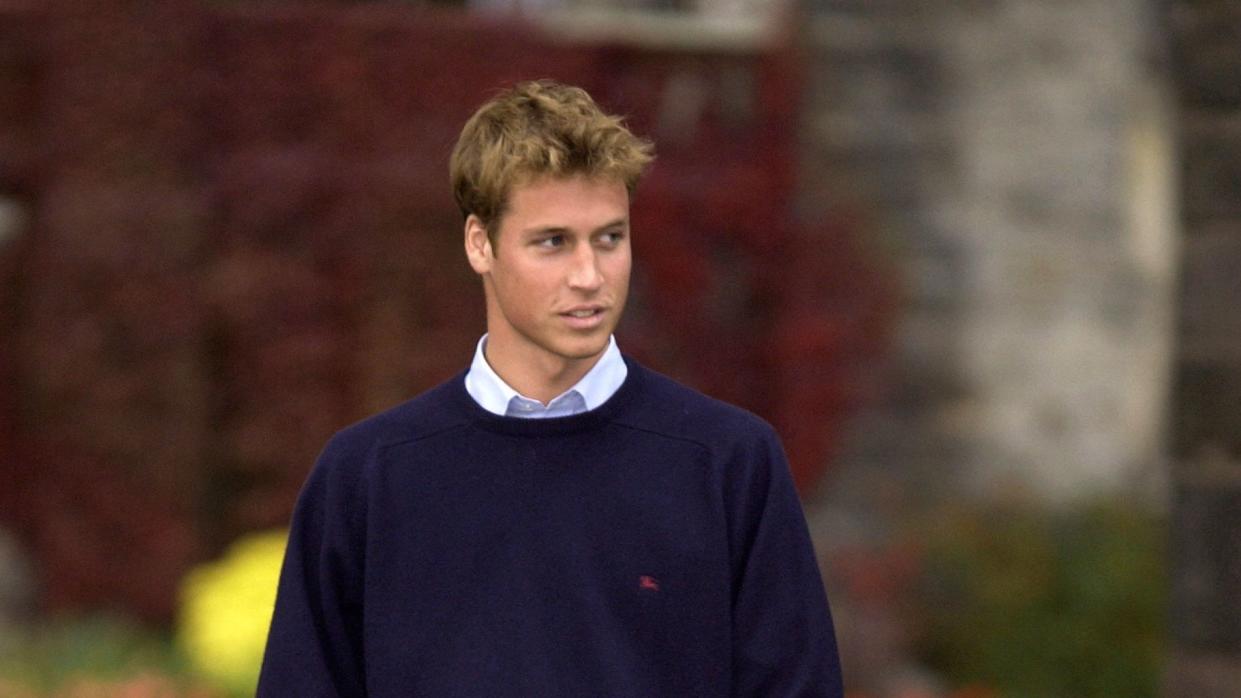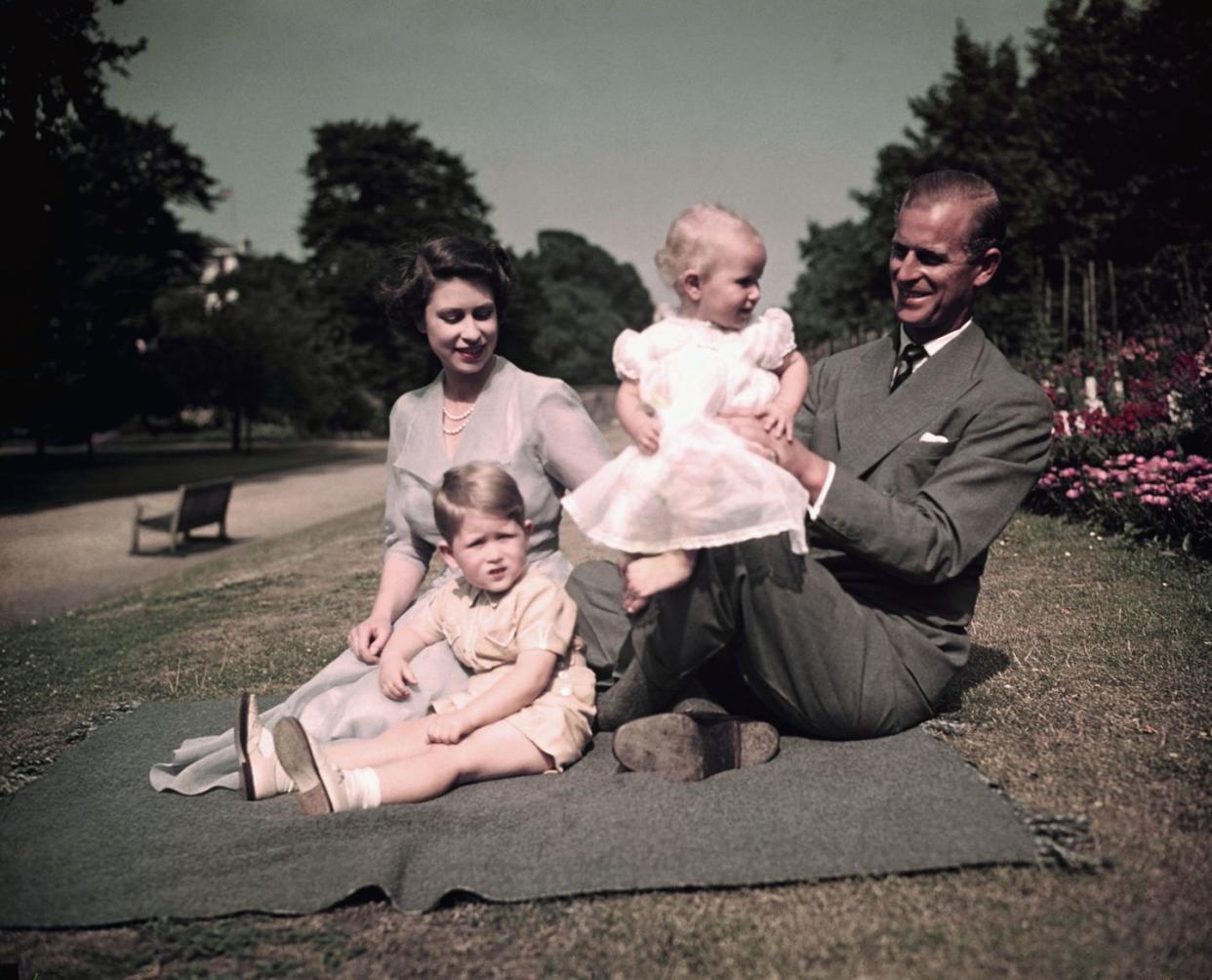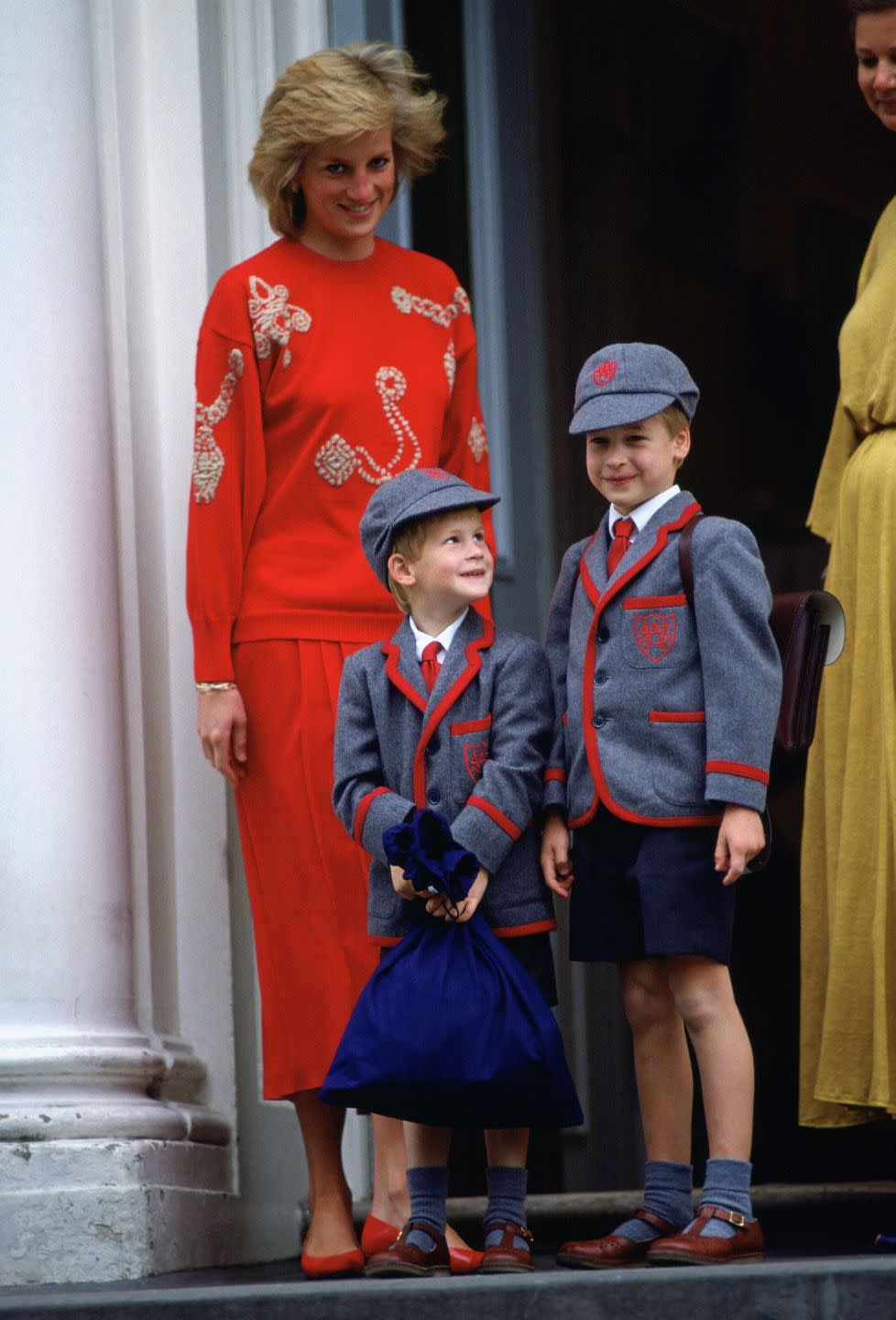Why Does Prince William Use the Last Name Wales in The Crown?

As the final episodes of The Crown's sixth season commence, the show slowly begins to shifts its focus forward, to the next generation of the monarchy's future: Prince William. While William's character has appeared on several seasons of the series, these episodes are the first to truly focus in on him as a protagonist, following him off to college at St Andrews in Scotland. Among the many moments offered about those years, eagle-eyed fans may have noticed something unique; the fact that William uses the last name Wales at school.
In fact, the royal family has a somewhat complicated history with last names. Prior to 1917, the royals actually didn't have a surname at all—they simply used the name of the "house" or dynasty from which they were descended, such as the Tudors or the Stuarts. As with surnames, royal children typically took the name of their father's house, even when their mother was the monarch. Such was the case with King Edward VII, who, despite inheriting the throne from his mother, Queen Victoria, used the house name of his father Prince Albert: the House of Saxe-Coburg-Gotha.
This all changed during WWI, when anti-German sentiment led King George V, grandfather of the future Queen Elizabeth II, to swap the house name for something that sounded more English. He borrowed the name Windsor from the castle itself, decreeing at a meeting of the Privy Council in July 1917 that "all descendants in the male line of Queen Victoria, who are subjects of these realms, other than female descendants who marry or who have married, shall bear the name of Windsor," adopting the name for both the royal house and as a surname.

That note about "female descendants who marry or who have married" would, of course, become relevant a few decades later when, in 1960, the young Queen Elizabeth decided to incorporate the surname of her husband Prince Philip, the Duke of Edinburgh. Rather than changing the name for the entire royal house, it was decided that Elizabeth and Philip's direct descendants—barring those who were styled as His/Her Royal Highness and carried the title of prince or princess, or female descendants who marry—would take on the surname Mountbatten-Windsor.
(Ironically, Mountbatten was not Philip's original surname either, as he was born Prince Philip of Greece, however, he adopted his maternal grandparents's last name—itself an English translation of their German name, Battenberg—in 1947 when he became a naturalized citizen of the UK.)
Since Elizabeth and Philip's four children, then-Prince Charles, Princess Anne, Prince Andrew, and Prince Edward, each inherited princely titles and HRH status, they did not use the surname officially (though it did appear on Anne's 1973 marriage register at Westminster Abbey when she wed Mark Phillips.) However, that tradition too got something of a shakeup when Charles's sons, Prince William and Prince Harry went off to school.

Though both men are also hereditary princes with HRH styling (Harry subsequently stopped using the HRH title), as students, and later in their military careers, both of them adopted the unofficial surname Wales, a nod to Charles's status as the Prince of Wales at the time. It's a custom that's been carried on by William's own children, Prince George, Prince Charlotte, and Prince Louis, who started school under the family name Cambridge (William was granted the title of Duke of Cambridge when he married Kate Middleton in 2011) and then began using the name Wales in 2022 when William was given the title Prince of Wales after his father Charles became king.
You Might Also Like
